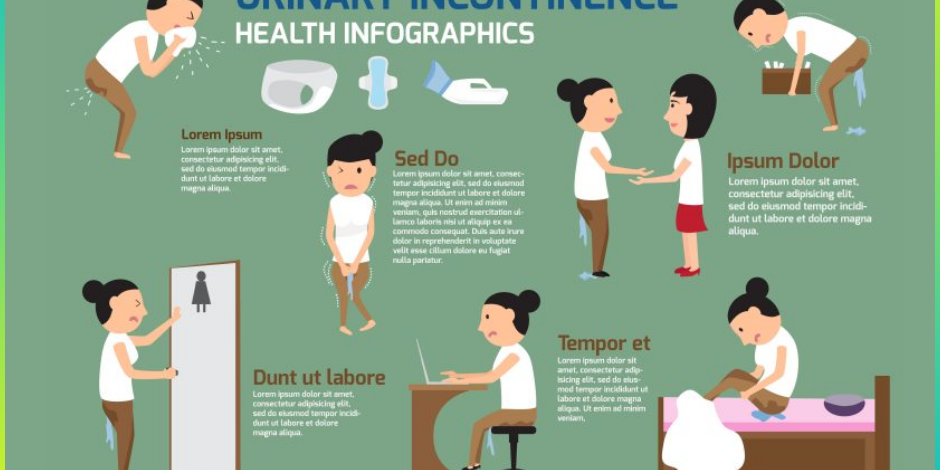Urinary incontinence occurs in men and women of all ages, but it is more common in the elderly. Most people resolve to live with the condition by using diapers, taking medication, and opting for surgery. However, physiotherapy is one of the most successful treatment options for increasing bladder control.
When bladder or the pelvic floor muscles weaken, this results in urinary incontinence as well as conditions such as constipation and diarrhea. This is because the pelvic floor muscles support the rectum, bladder, and other important organs. Many of these conditions affect both women & men. Some are specific to women of middle and mature adult age.
- Stress Urinary Incontinence: unable to control the leakage of urine (with coughing, physical activity, etc)
- Urgency/Urge Urinary Incontinence: having a strong urge to urinate or defecate that is difficult to control
- Urinary Frequency: having to urinate very frequently and disrupting your everyday routine
- Bowel dysfunction: Constipation, straining or pain with bowel movements
In addition to age-related urinary incontinence, some common reasons for urinary incontinence are:
- Pregnancy & childbirth in women
- Frequent UTI (Urinary Tract Infection)
- Pelvic organ operations in women
- Surgery, such as prostatectomy, in men
Although pelvic muscle weakness is not the cause of IBS, constipation or other bowel and colon disorders, there is a correlation between pelvic muscle weakness and aggravated symptoms of IBS, constipation, passing gas and diarrhea in both men & women. Therefore, pelvic health physiotherapists can help tremendously.
Physiotherapists treat Urinary Incontinence in Men & Women
Pelvic floor muscles can be strengthened by training and stimulating the muscles to properly perform their role of supporting the bladder. Once tension in pelvic structure is reduced by treatment and muscles are trained properly, the body restores control of spasms, leakage, and urine stream.
A pelvic health physiotherapist can teach the patient several pelvic floor muscle re-training techniques that have shown to be effective in preventing and minimizing the symptoms of urinary incontinence in males and females. The treatment usually includes home programs and education on lifestyle changes. A physiotherapist may ask you questions about how frequently you are urged to empty your bladder. Keeping a bladder diary can help both you and your therapist manage the condition better.

